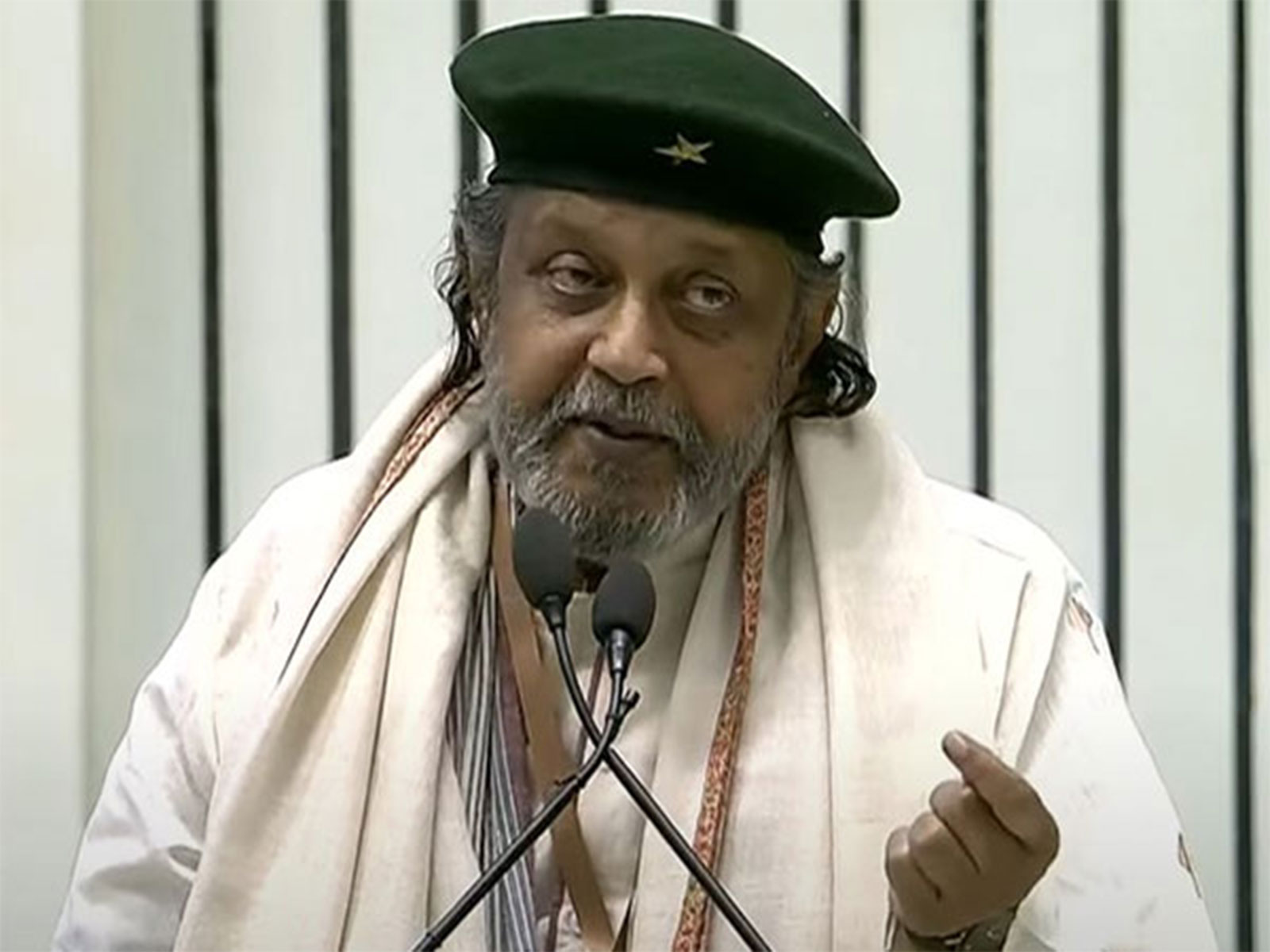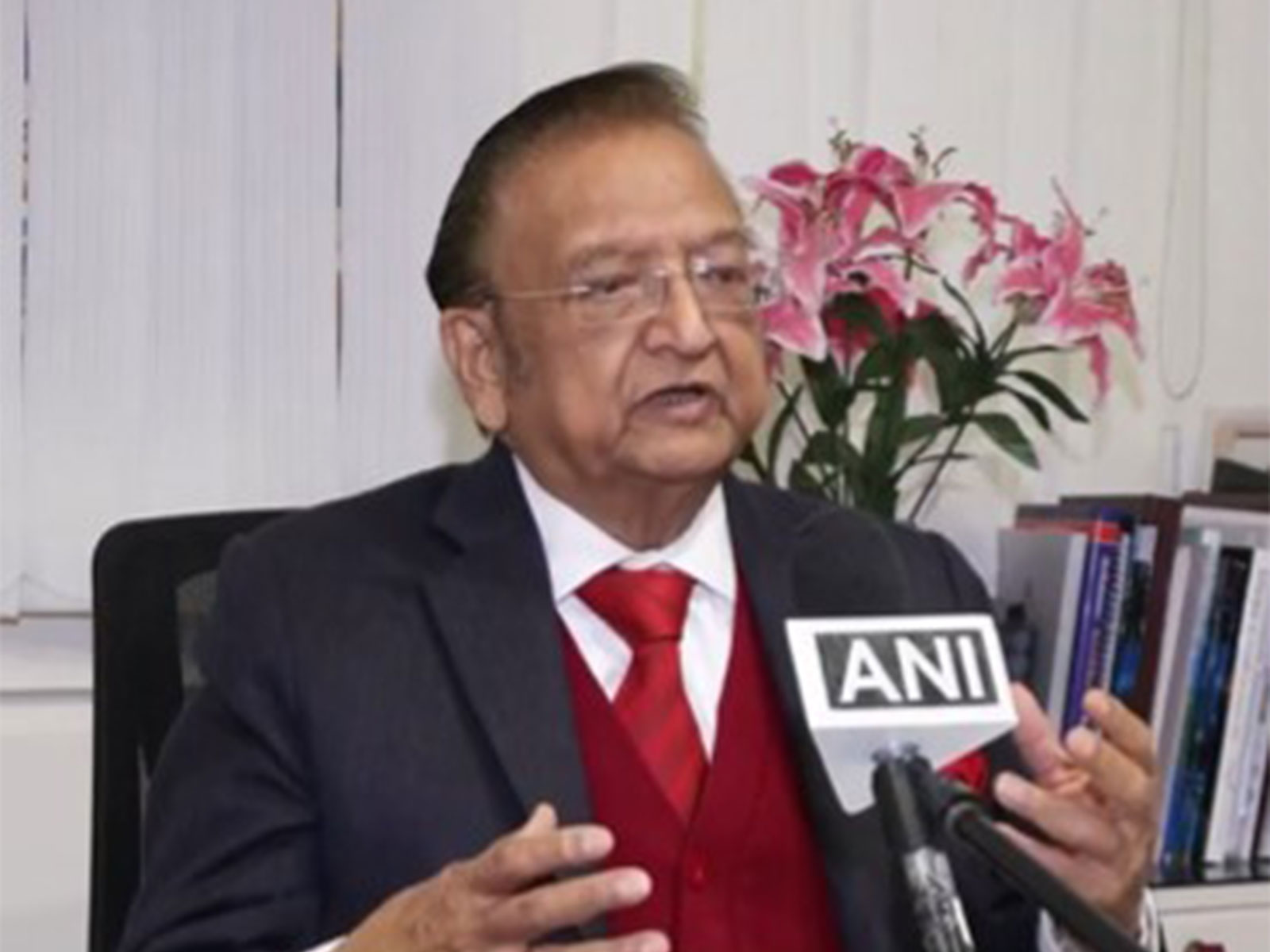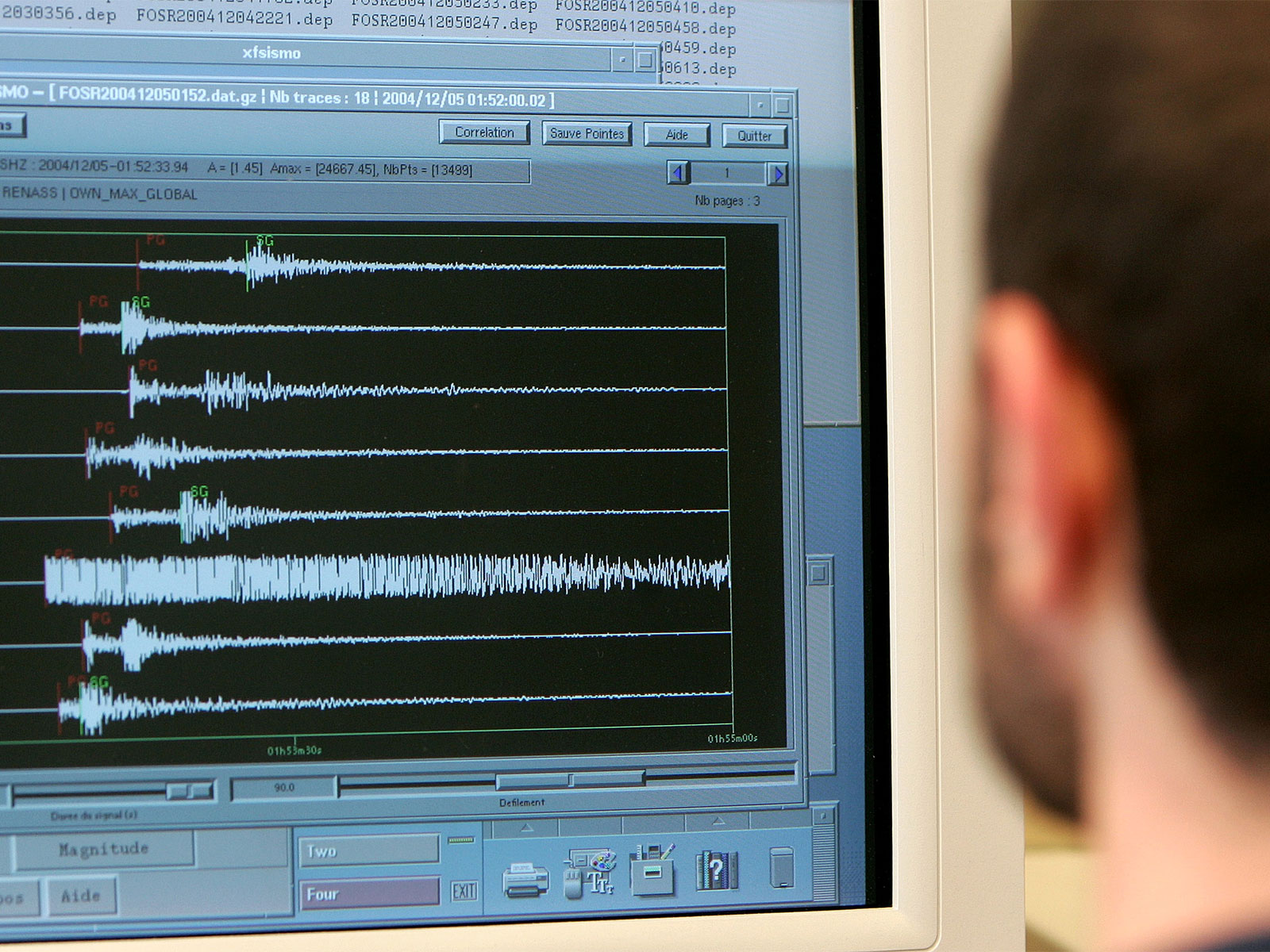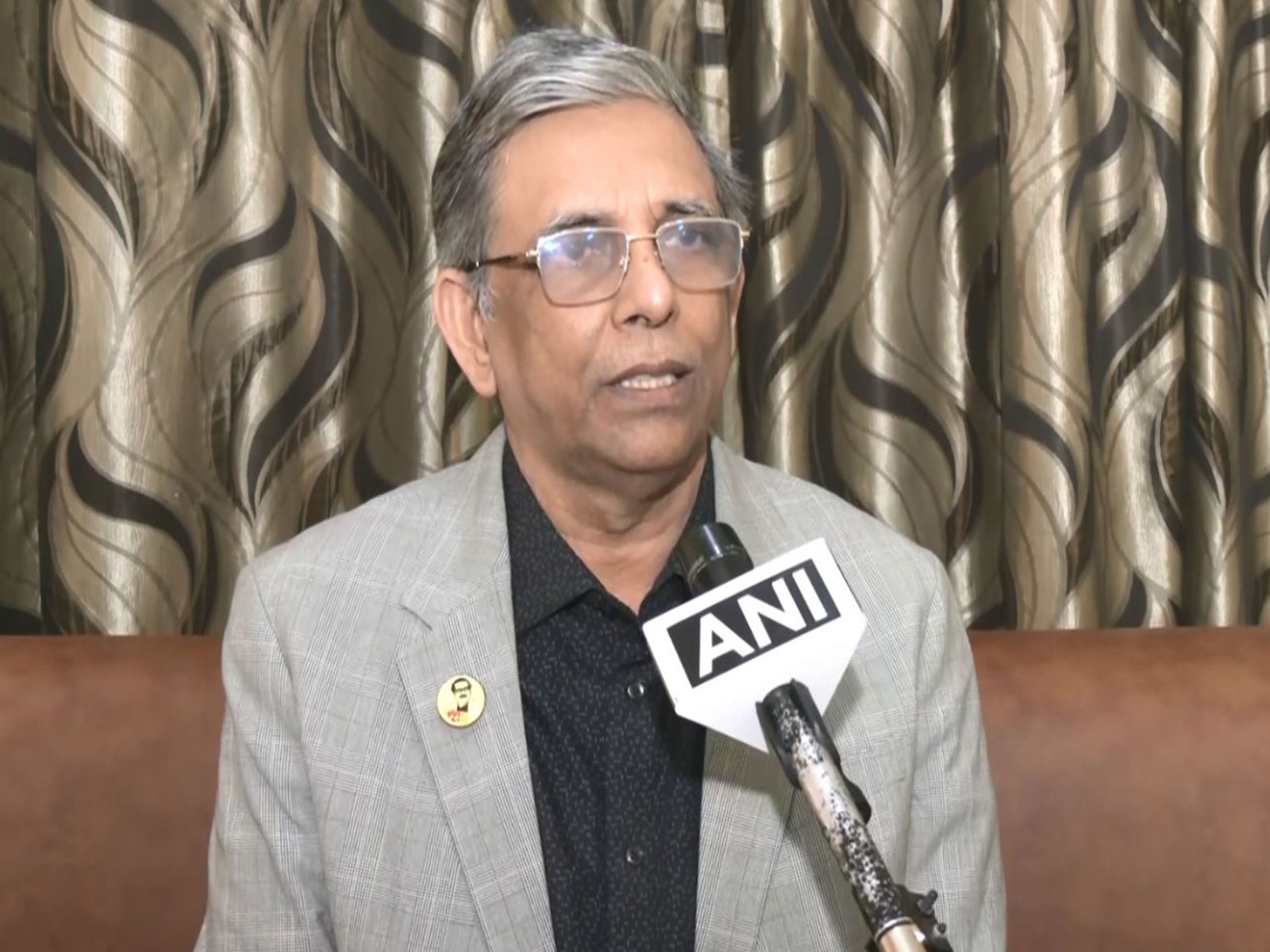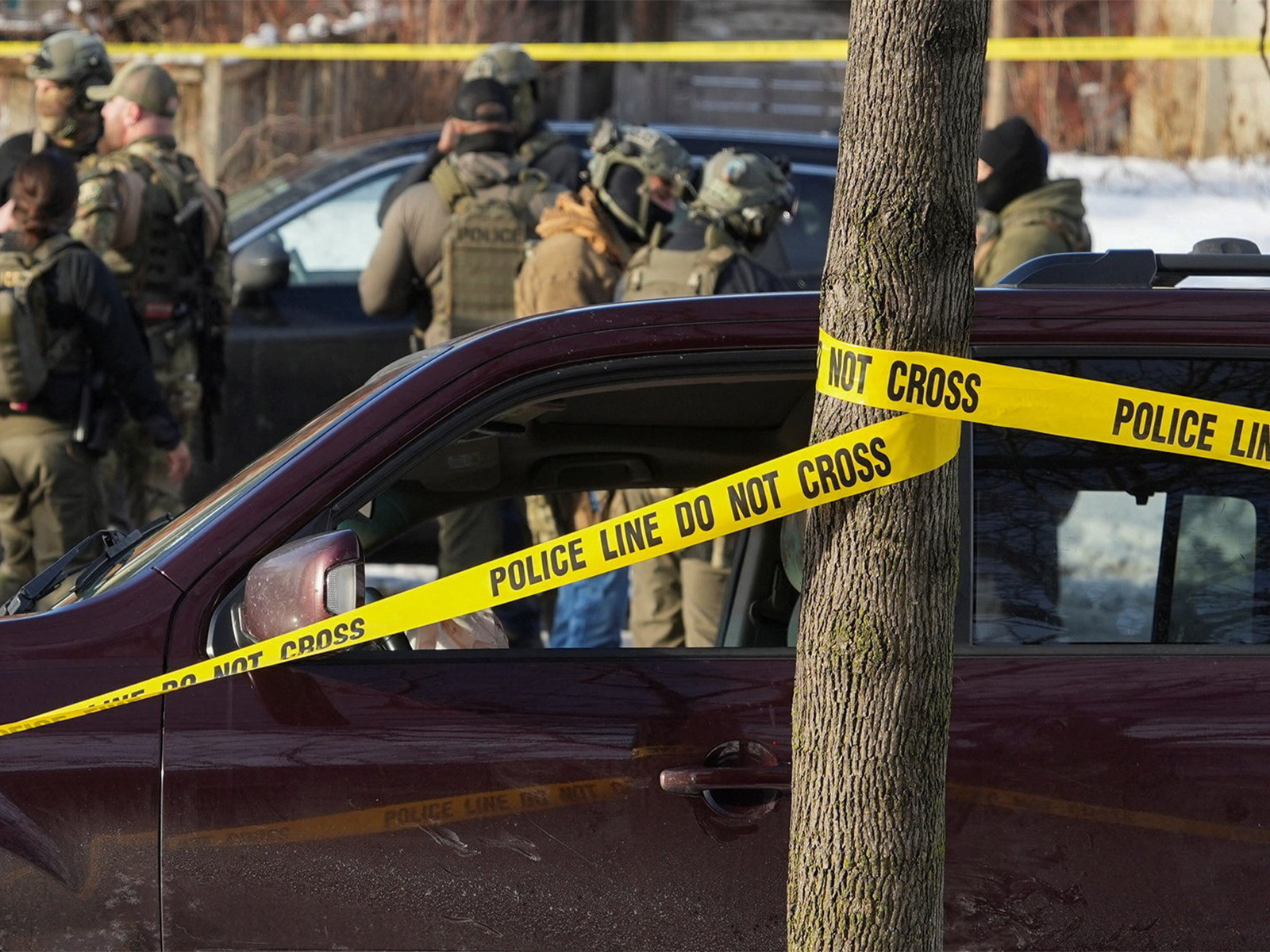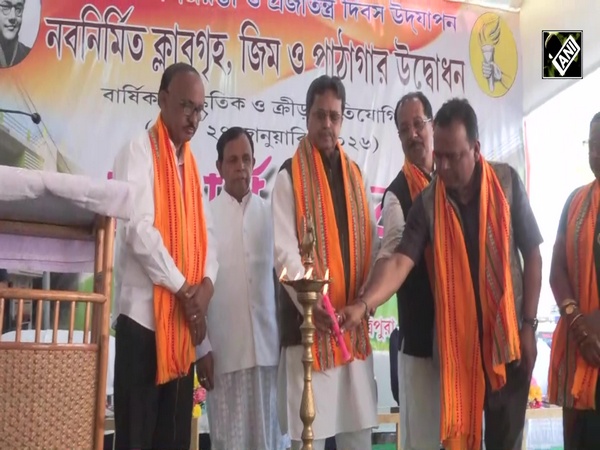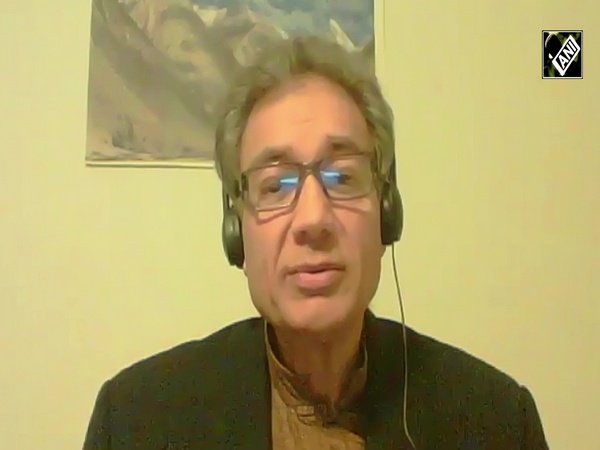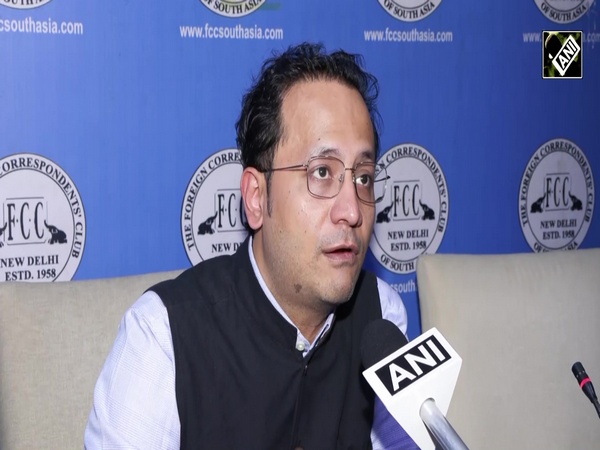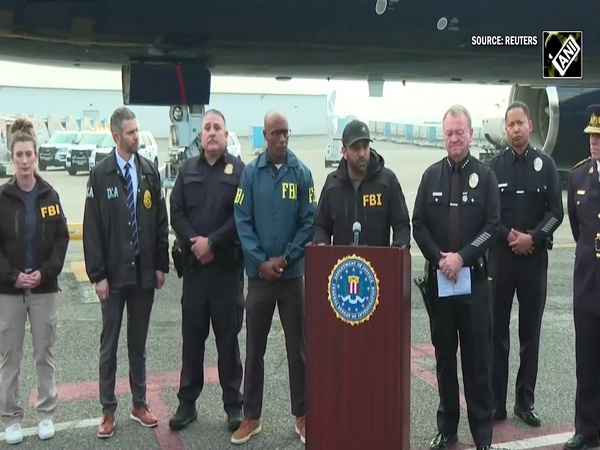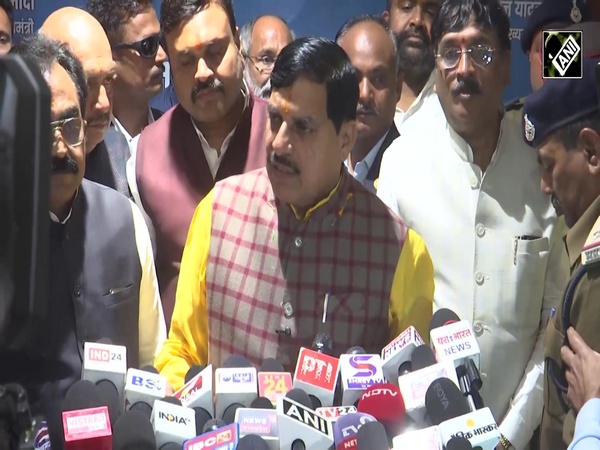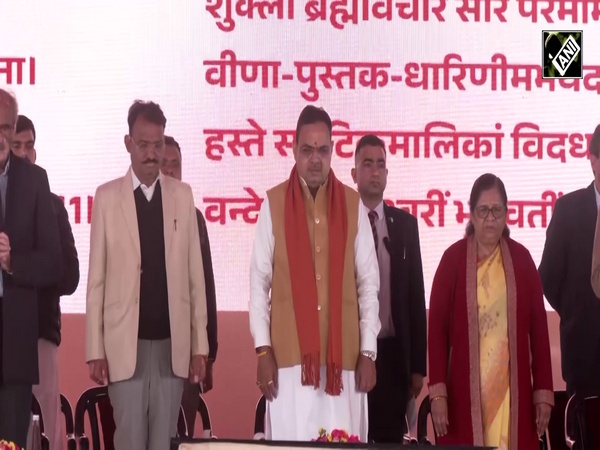Extraordinary attack on the judiciary: Congress slams VP's remark on Kesavananda Bharati judgment
Jan 12, 2023

New Delhi [India], January 13 : Congress spokesperson Jairam Ramesh on Thursday reacted to Rajya Sabha Chairman Jagdeep Dhankhar for his alleged remark on the Supreme Court's 1973 Kesavananda Bharati judgment and termed it an "extraordinary attack on the judiciary".
"In my 18 years as a MP [Member of the Parliament], I've never heard anyone criticise the 1973 Kesavananda Bharati judgment of Supreme Court. In fact, legal luminaries of BJP like Arun Jaitley hailed it as a milestone. Now, Chairman of Rajya Sabha says it was wrong. Extraordinary attack on the judiciary!" Jairam Ramesh said in a tweet.
While addressing the 83rd conference of Presiding Officers in Rajasthan's Jaipur, the Vice President criticised the 2015's scrapping of the National Judicial Appointments Commission (NJAC) and questioned the Kesavananda Bharati judgment, which holds the rule that the Parliament can amend the Constitution but not its "basic structure".
He said that the judgement sets a "wrong precedent" and he disagreed with the apex court's ruling 1973 ruling in the Kesavananda Bharati case.
He said, "In a democratic society, 'the basic' of any 'basic structure' has to be the supremacy of mandate of people. Thus the primacy and sovereignty of Parliament and legislature are inviolable. All the constitutional institutions the Judiciary, the Executive and the legislature are required to confine to their respective domains and conform to the highest standard of propriety and decorum. The current scenario on this count calls for serious attention by all concerned particularly those at the helm of these institutions."
Stating that in a democratic society, 'the basic' of any 'basic structure' is the prevalence of supremacy of the mandate of people. He further highlighted that the legislative sovereignty of Parliament is inviolable and will writ large as provided by our constitution.
"The power of the Parliament to amend the constitution and deal with legislation is not subject to any other authority. This is lifeline of democracy. I am sure this will engage your thoughtful consideration. It was in 1973, in the Kesavananda Bharati case, the Supreme Court evolved for the first time, the right of the courts to strike down constitutional amendments that violated what it called the "Basic Structure", or the fundamental architecture of the Constitution," he said further adding that the top court has delivered several 'significant rulings' on matters that it held pivotal to this "Basic Structure" and in the "process parliamentary sovereignty was compromised."
Dhankhar's statement has drawn widespread criticism against him. Notbaly, Dhankhar's statement came in the backdrop of the ongoing debate over the appointment of higher judiciary with the government.

